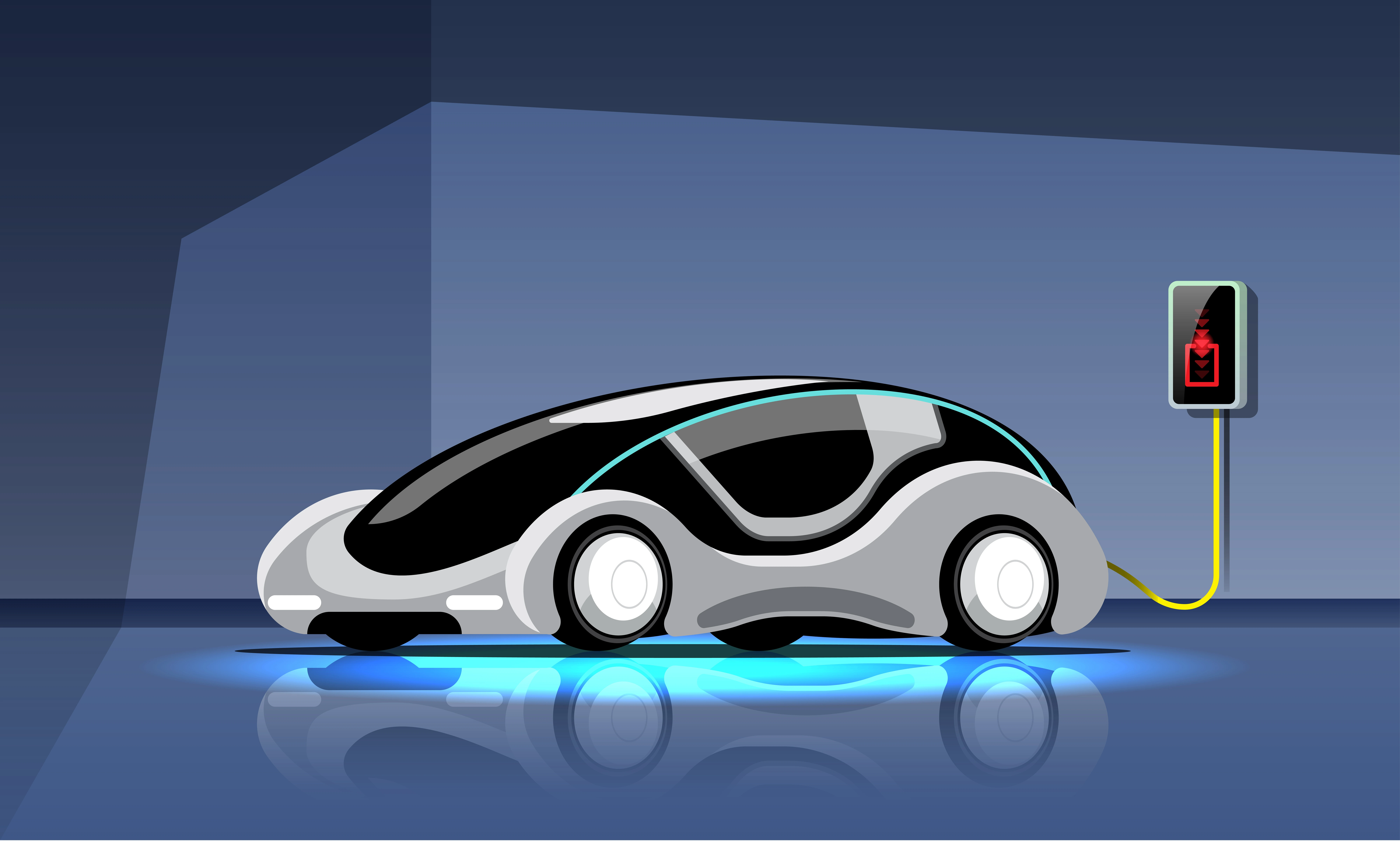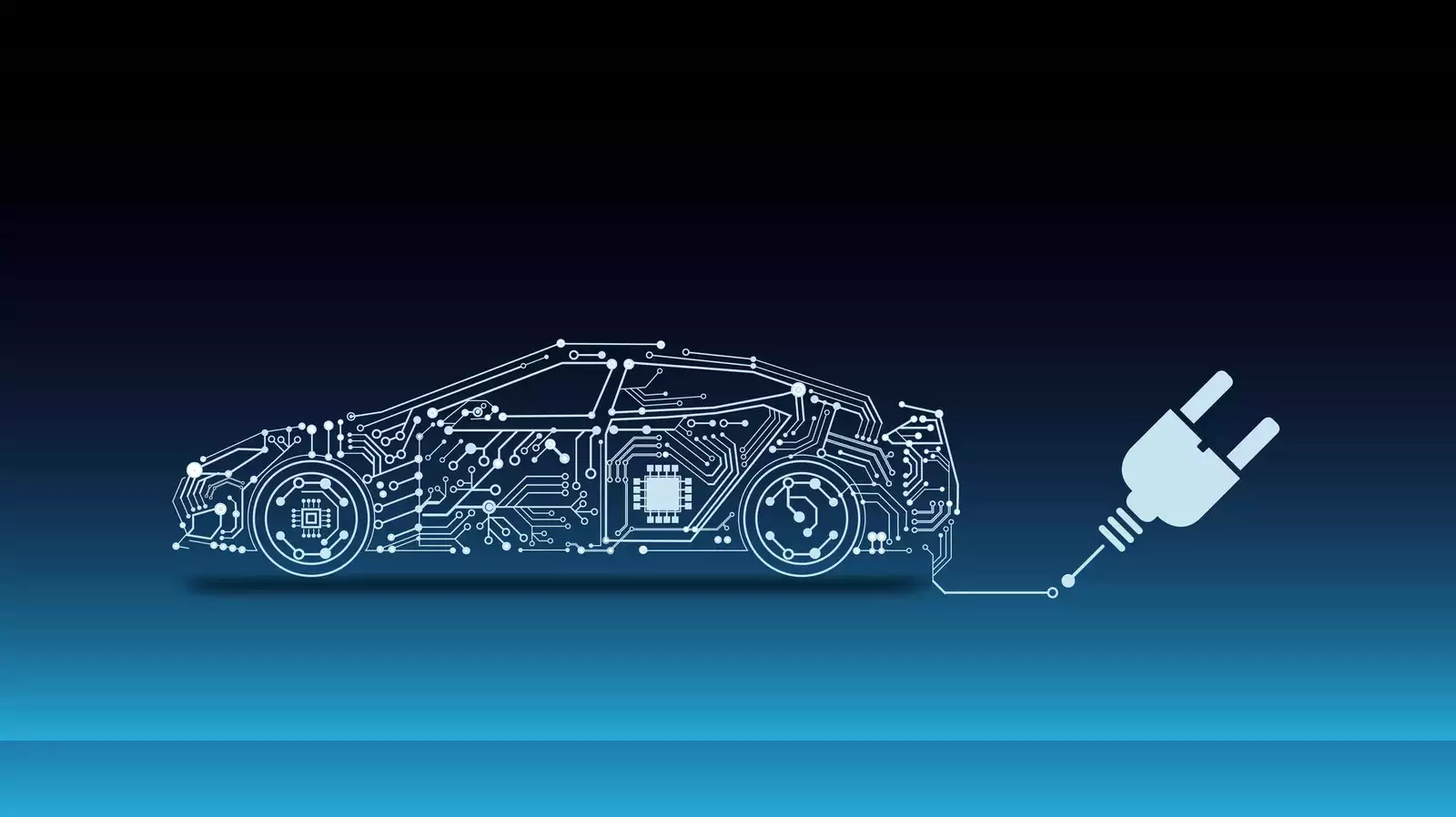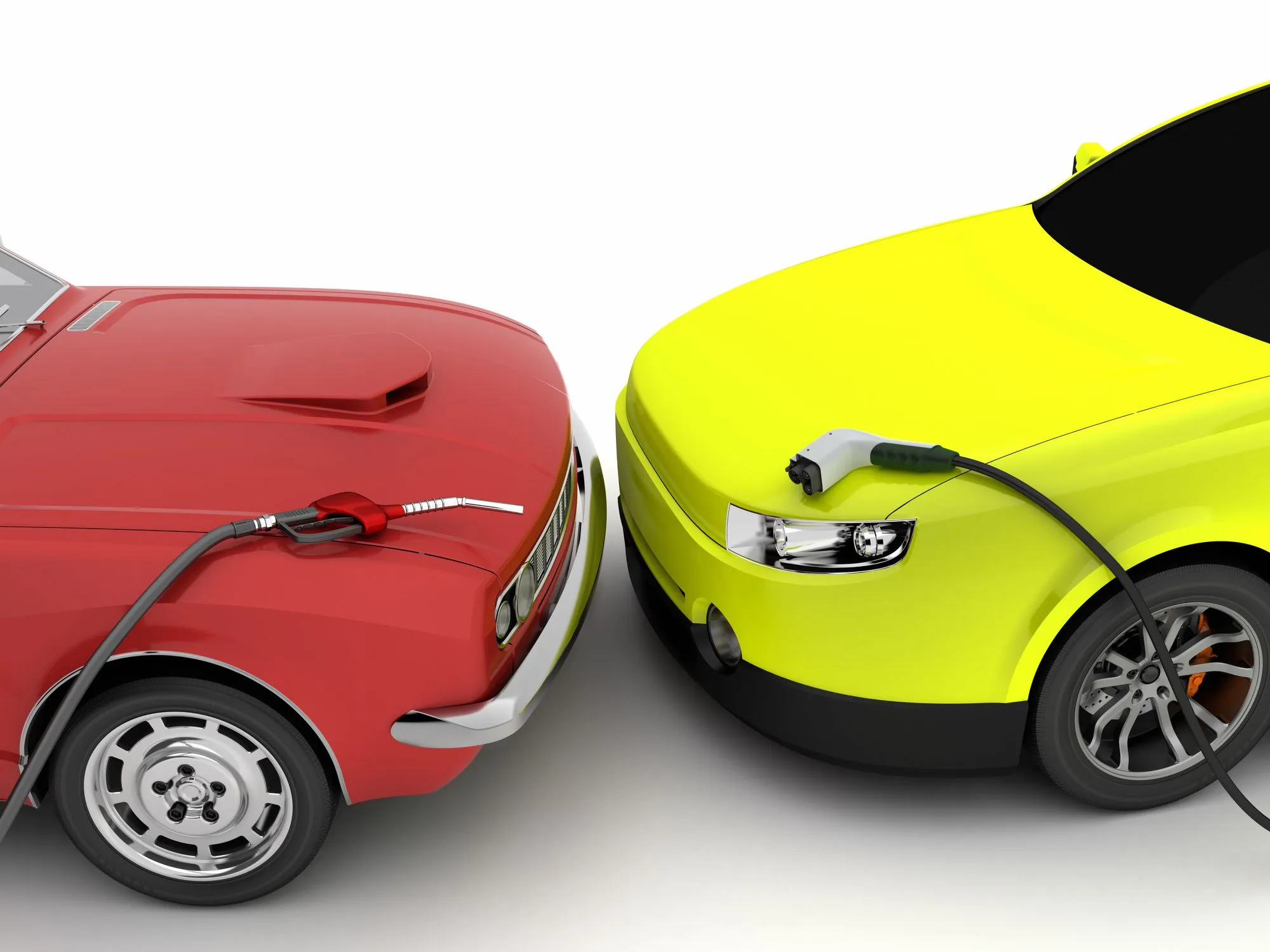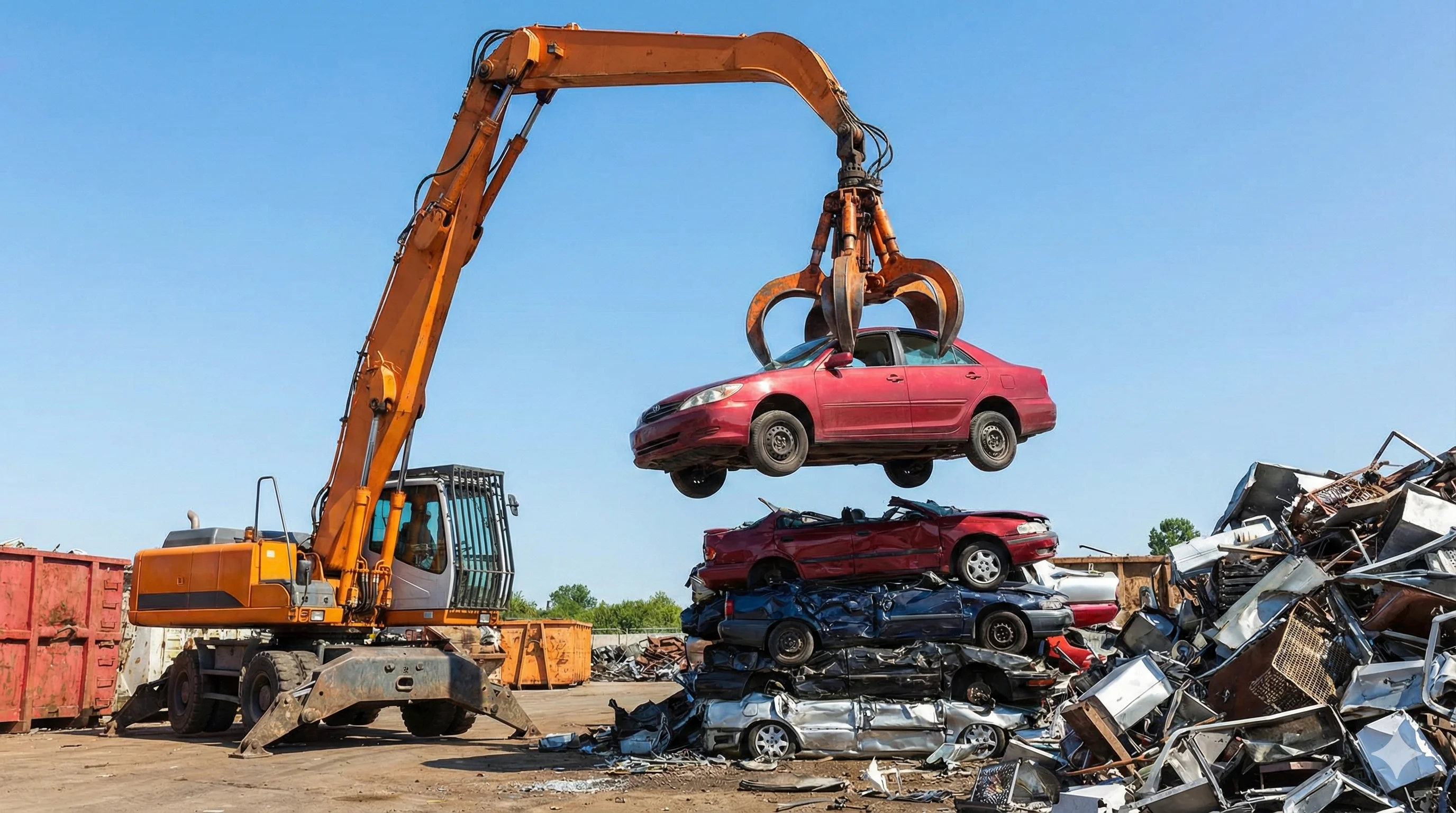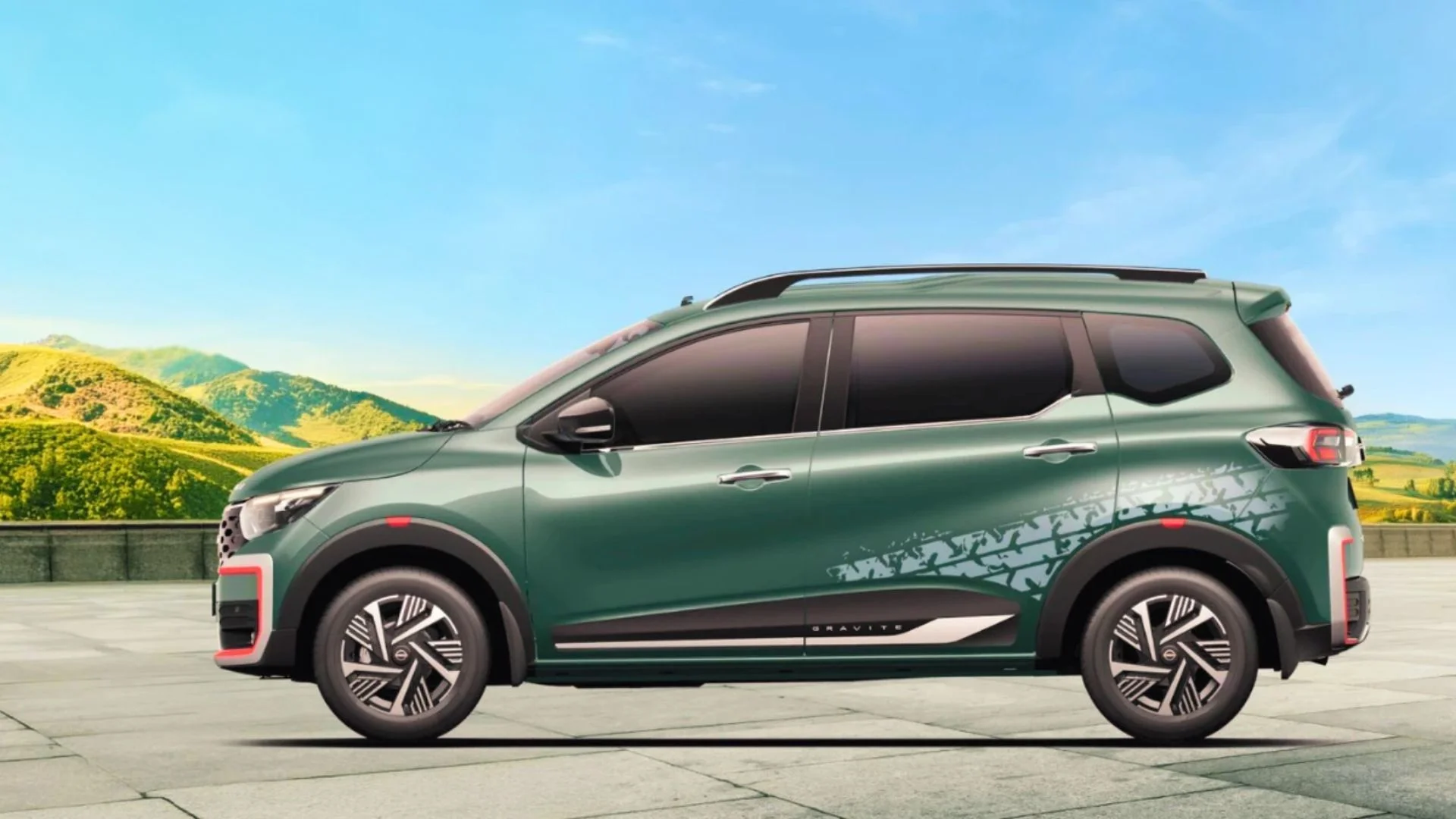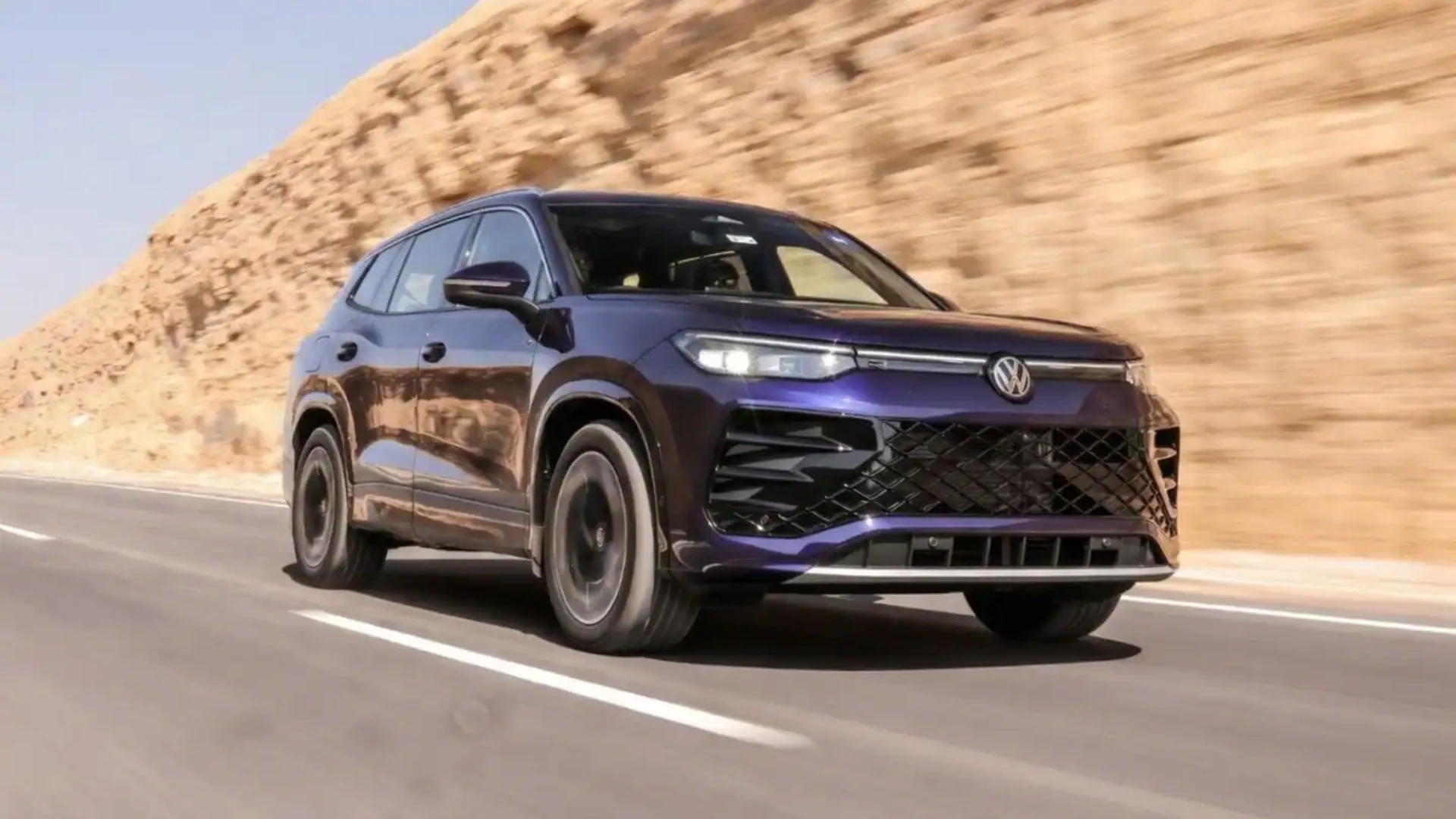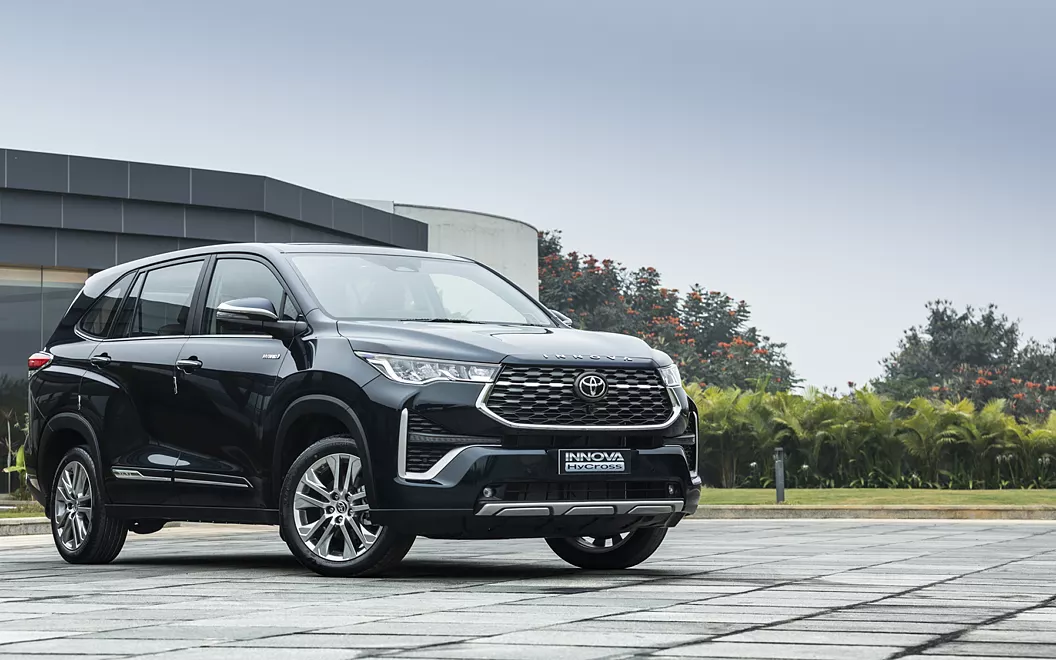
Table of Content
▼Introduction
India's automotive landscape is undergoing a significant transformation with the rise of hybrid vehicles. As environmental concerns and fuel efficiency become critical factors for consumers and policymakers alike, hybrids are emerging as a viable solution to bridge the gap between traditional internal combustion engines and fully electric vehicles (EVs). This article explores how hybrids are reshaping India's green auto market, highlighting their benefits, market trends, and future prospects.
The Rise of Hybrid Vehicles in India
Hybrid vehicles, which combine an internal combustion engine with an electric motor, offer a balanced approach to reducing emissions and improving fuel efficiency. Unlike fully electric vehicles that require extensive charging infrastructure, hybrids can leverage existing fuel stations while providing significant environmental benefits.
Environmental and Economic Benefits
-
Reduced Emissions: Hybrids emit fewer greenhouse gases compared to conventional petrol or diesel vehicles. This reduction in emissions contributes to improving air quality in urban areas, a pressing issue in many Indian cities.
-
Fuel Efficiency: Hybrids typically offer better fuel efficiency, reducing the overall consumption of fossil fuels. This is particularly advantageous in a country like India, where fuel prices can be volatile.
-
Cost Savings: While the initial cost of a hybrid vehicle can be higher, the long-term savings on fuel and maintenance can offset this expense. The reduced wear and tear on the internal combustion engine, due to the assistance from the electric motor, also contributes to lower maintenance costs.
Market Trends and Consumer Adoption
The Indian government has been proactive in promoting hybrid and electric vehicles through various incentives and policies. The Faster Adoption and Manufacturing of (Hybrid &) Electric Vehicles in India (FAME India) scheme provides subsidies to encourage the adoption of greener vehicles. Additionally, stricter emission norms are pushing automakers to innovate and introduce more hybrid models.
Consumers are becoming increasingly aware of the environmental impact of their choices, and hybrids offer a practical solution without the range anxiety associated with fully electric vehicles. The growing middle class, with a rising disposable income, is also more inclined to invest in hybrid technology for its long-term benefits.

Challenges and Opportunities
Despite the advantages, the adoption of hybrid vehicles in India faces several challenges:
-
High Initial Costs: The upfront cost of hybrid vehicles remains a barrier for many potential buyers. However, as technology advances and economies of scale are achieved, prices are expected to become more competitive.
-
Awareness and Education: There is a need for greater awareness and understanding of hybrid technology among consumers. Educational campaigns and incentives can help bridge this gap.
-
Infrastructure Development: While hybrids do not require the extensive charging infrastructure needed for EVs, investment in supportive infrastructure, such as service centers equipped to handle hybrid technology, is essential.
The Road Ahead
The future of hybrid vehicles in India looks promising. With continued government support, technological advancements, and increasing consumer awareness, hybrids are set to play a pivotal role in India's transition to a greener automotive market. Automakers are investing heavily in research and development to enhance hybrid technology, making it more efficient and affordable.
Conclusion
Hybrids are not just a transitional technology but a crucial component of India's green automotive revolution. By offering a pragmatic solution to reducing emissions and improving fuel efficiency, hybrids are reshaping the country's auto market. As India strides towards a sustainable future, hybrid vehicles will undoubtedly be at the forefront, driving the change towards a cleaner, greener, and more efficient transportation system.
By embracing hybrids, India is taking a significant step towards mitigating environmental impact while catering to the practical needs of its diverse consumer base. The journey towards a fully electric future may be long, but hybrids are proving to be a vital bridge in this transformative era.
Also Read: Over 1.76 Lakh Mahindra Thar Roxx Booked Within an Hour!
Neha Mehlawat
Neha Mehlawat is an automotive journalist and industry analyst with 10+ years of experience covering cars, bikes, and mobility trends. She tracks the latest launches, technology upgrades, and policy changes in the auto sector, delivering sharp insights that help readers stay ahead in the fast-evolving world of automobiles.
